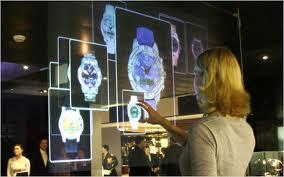We conducted ethnographic research with 31 misinformation creators and consumers in Brazil and the US before, during, and after a major election to understand the consumption and production of election and medical misinformation. This study contributes to research on misinformation ecosystems by focusing on poorly understood small players, or "micro-influencers", who create misinformation in peer-to-peer networks. We detail four key tactics that micro-influencers use. First, they typically disseminate "gray area" content rather than expert-falsified claims, using subtle aesthetic and rhetorical tactics to evade moderation. Second, they post in small, closed groups where members feel safe and predisposed to trust content. Third, they explicitly target misinformation consumers' emotional and social needs. Finally, they post a high volume of short, repetitive content to plant seeds of doubt and build trust in influencers as unofficial experts. We discuss the implications these micro-influencers have for misinformation interventions and platforms' efforts to moderate misinformation.
翻译:暂无翻译





